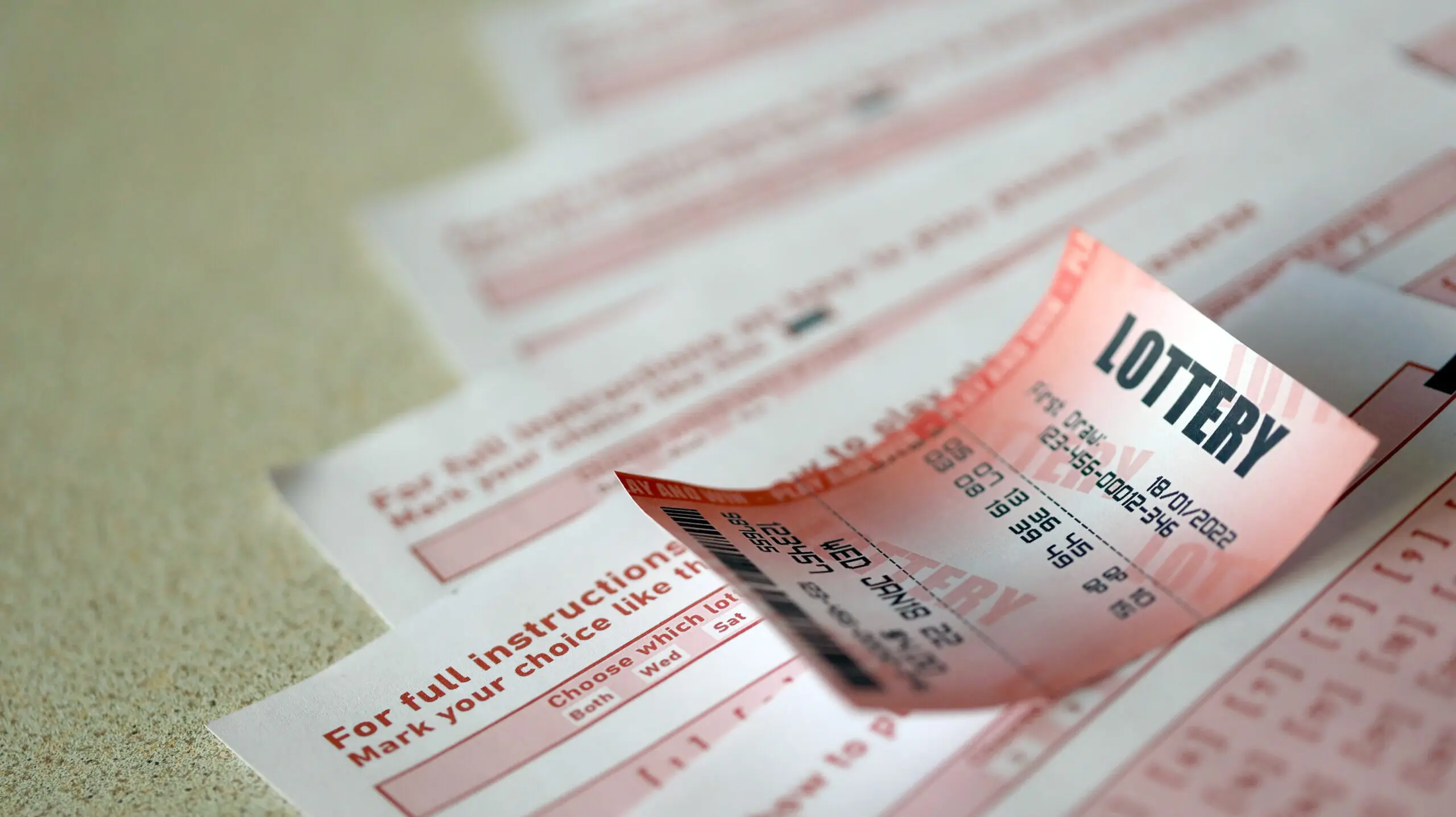The outrage among voters over the Alabama Senate’s refusal to pass legislation allowing a vote on a lottery and other forms of gambling continues to cause friction among lawmakers.
On Wednesday, Sen. Chris Elliott posted on his X account (former Twitter) a flyer, apparently created by the Senate Republican Caucus, highlighting “accomplishments” of Senate Republicans during the 2024 session. Among the items listed, surprisingly, was “Gaming Legislation.” The entry included a brief description and an asterisk.
The description read: The Alabama Senate passed a bill that shuts down illegal casinos, increases criminal penalties on illegal operators, prohibits new casinos from being built, and allows the people to vote on a state lottery.”
The asterisk read: “The bill successfully cleared the Senate, however, the House did not concur.”
The entry, and Elliott’s publication of it, went over like a lead balloon. House members were outraged – both by the untruthful nature of the entry itself and by the characterization of the House’s role in gambling legislation failing.
For context, the Alabama House worked for several months on a comprehensive gambling package that included up to seven casino licenses, sports wagering, a compact with the Poarch Band of Creek Indians, a statewide lottery and a gambling commission with police powers to regulate illegal gaming around the state.
The package – which was worked on behind the scenes primarily by House members but in consultation with Senate leadership and state leaders at every step, according to several House sources – successfully passed the House early in the 2024 session. It languished in the Senate, where a group of senators, including Elliott, hijacked negotiations and ultimately passed a stripped-down, unworkable piece of legislation that wouldn’t have paid for a single scholarship.
While the House package brought in an estimated $1.2 billion annually and funded a college scholarship program and health care expansion, the Senate version would have generated about $350 million annually, and the bill split that three ways between infrastructure, the general fund and general education expenses. (Several House members told APR in the days after it passed that the bill likely wouldn’t fully fund the gaming commission it created, much less bring in additional revenue for the state.)
The House refused to concur with that piece of legislation, instead sending the bill to a conference committee. A negotiation between the bodies there resulted in a bill closer to the Senate version, but one House members decided they could live with because it accomplished several of their original goals.
The House passed that compromise bill as well. It failed in the Senate when 15 senators voted it down.
“The House presented an opportunity to eliminate illegal gambling and allow the people to vote on an education lottery not just once this session, but twice,” said Rep. Chris Blackshear, the sponsor of the House gaming legislation. “House and Senate conferees negotiated a compromise much closer to the Senate’s substitute legislation than what was originally passed back in February. We made numerous concessions because the most important thing to the House was allowing the people to vote and running the bad actors out of our state.
“It’s disappointing that after 15 months of work, we’ve accomplished neither and left $700 million per year on the table that would have supported education, infrastructure, mental health, retiree bonuses and more. The next time someone asks me why they can’t vote on the issue of gaming, I’m going to tell them to ask one of the 15 senators that voted against this legislation.”
Anger over the issue doesn’t stop with House members, however. Over the last week, as the reality that people in Alabama won’t get an opportunity to vote on gambling has started to sink in, the outrage has spread into everyday conversations.
From social media to radio talk shows to even sports radio shows, the failure of the lottery legislation remains a hot topic. The consensus among most is that a handful of lawmakers sold out the people, who made it clear that they wanted to vote on the issue.
“It was a bad read by the senators,” said a Republican House member who asked to remain anonymous to speak candidly about others in the party. “You can’t let people believe they’re going to get to vote on something like this, when it was built up so big like it was, and then pull the rug out and expect people will accept it. They see it as politicians being crooked, whether that’s the case or not. All they know is that some folks didn’t do what the people made clear that they wanted. The only explanation to them is corruption.”




















































